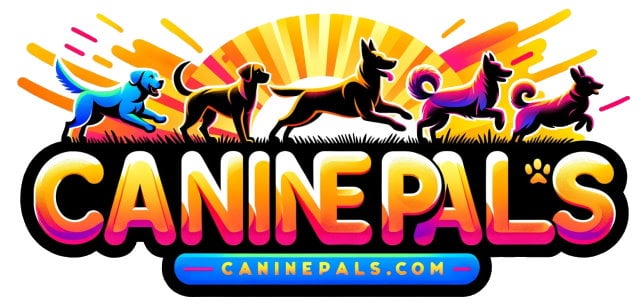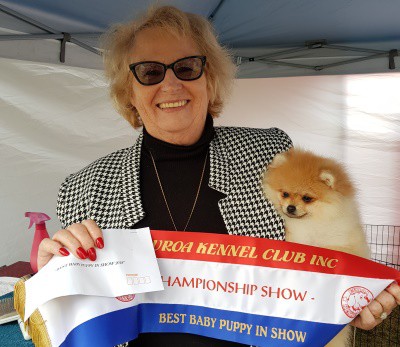Last Updated on March 20, 2024 by Denise Leo. Post first published on October 23, 2015.
 When do you think of your dog as being senior? A vet will say this is when a dog is in the last third of their life expectancy. A poodle generally lives to 15 years and becomes a senior at age 10. A golden retriever has a life expectancy of 13 years so he’s a senior at 8-9 years old.
When do you think of your dog as being senior? A vet will say this is when a dog is in the last third of their life expectancy. A poodle generally lives to 15 years and becomes a senior at age 10. A golden retriever has a life expectancy of 13 years so he’s a senior at 8-9 years old.
However, these facts don’t always ring true because dogs can die earlier or later than predicted. Your dog may have health issues such as partial hearing or sight loss. Other dogs may become clumsier than usual, sometimes for the above reasons but they may have bone or muscle issues. If you notice any odd behaviour in your dog, take him to the vet for a check-up.
As your dog ages, he’ll become less active because his energy levels have decreased. You may have to reduce the volume of food you give him to prevent weight gain in his older years. You may wish to buy special diet food made especially for senior dogs. Ask your vet before trying such food as some of the foods have a lot of protein and you can’t give more protein to your dog if he has renal failure.
As a dog gets older, the risk of constipation is higher. His digestive system and stomach aren’t as efficient as they were when he was younger. Ensure there’s lots of fibre in his diet (3% – 5%). Make sure he drinks lots of water because that helps with constipation as well. Watch him when he is doing potty to see if it’s easy or hard to do. If it’s harder, talk to the vet about what you can do to ease the problem.
As dogs become seniors, many are more prone to arthritis. Your dog needs daily supplements to help prevent this. Golden Retrievers are notorious dogs for developing hip joint and arthritis issues as they grow older. Keep his joints healthy so your dog can move around freely. Vets generally suggest a supplement containing chondroitin and glucosamine as these help with arthritis.
Vitamins help because as your dog ages, he can’t absorb as many electrolytes and vitamins and so they get lost. Many senior dogs eat less food so they don’t get sufficient nutrients. Your dog also needs lots of essential fatty acids that also help with the side effects of arthritis.
Owners of senior dogs often have problems with feeding their dogs. The dog will stop eating suddenly and the owner rings the vet desperately seeking advice. It may be a sign of something more serious BUT it’s usually a result of the dog’s mouth and teeth. As a dog grows older, his teeth also age and he may have difficulty chewing food in the way he did as a youngster. Moisten his kibble, or use smaller pieces. Moisten other food with water to soften it for him to eat easier.
Older dogs may stop liking foods they used to love. Try different things. Warm his food. Add boiled eggs or broth and chicken. Your vet may allow you to give him a small amount of bacon dripping or hamburger grease for moisture and flavour.
As your dog grows older, he deserves the best food you can find for him. Don’t be stingy in that aspect of his care. Many people use the BARF (bones and raw food) diet because it’s easier to chew raw food and the vegetables are generally pureed.
This diet has loads of nutrients and sometimes gives your dog some of his old energy.
Other benefits include: helping prevent weight gain and easing arthritis symptoms common in many seniors. However, not every senior will like the BARF diet so you can just try it and see because the benefits greatly outweigh the possibility he may not like eating it so you have nothing to lose.
Some owners give their senior dog more table scraps because they feel a little guilty that he won’t be around for too much longer and so they’re happy to indulge him for his remaining years. The idea may be fine but it may trigger extra problems your dog may not have yet.
Watching a beloved dog age is tough. Giving him the best possible diet to help him enjoy his senior years is one way to make him feel more comfortable.
Copyright Caninepals.Com. All Rights Reserved

